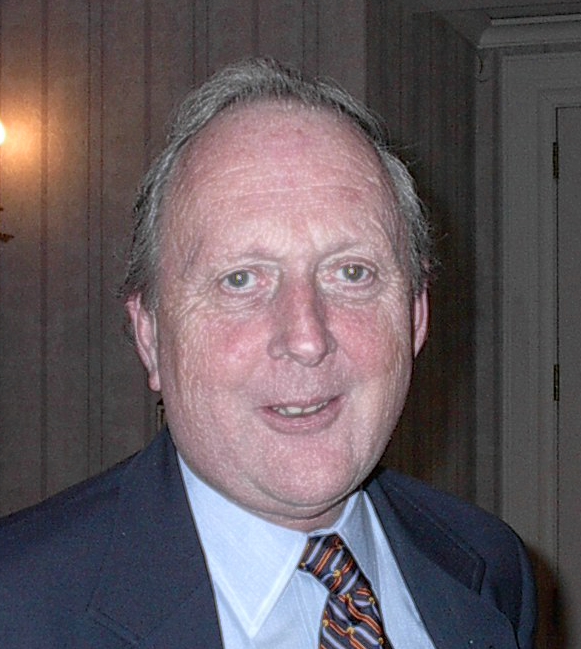Ziebarth: The U.S. in the World Today
Karl Ziebarth
President of Ziebarth and Associates, Inc.

The
U.S. in the World Today
The Philadelphia
Society
National Meeting
Sheraton Society Hill Hotel
April 1, 2006
We stand at a curious
crossroads in history. No nation
has ever been less military, less imperial, less grasping, so foolishly
generous, than the United States. Yet
we face the awesome challenge of, in fact, acting as an imperial hegemon, like
it or not. And, given the
extraordinary fossilization of so much of the world’s social and political
institutions (and which has build up colossal internal pressures), we are being
forced to deal with regime change, with nation building, and all the agony which
that leadership position forces upon us. In
our own self-defense.
We don’t really want to be
there. Yet 9-11 taught us for once
and for all (hollow phrase, we said that after Pearl Harbor) that we cannot
retreat within Fortress America. In
the simplest terms, we are the target of every envy, every jealousy, every petty
tin-horn thug, every evil fanatic in the world. And they will take us down if we are not prepared to defend
ourselves. The ghastly toll of
young lives cut down in Iraq is but the tiniest fraction of the horrors which
await us if we do not develop a strategy to guide, control, channel the release
of violent energy which has been built up in the Third World – and indeed in
the Old World.
We must not confuse policy
with execution. I am prepared to
argue that Bush (our inadequate leader) did the right thing strategically to go
into Afghanistan and Iraq. He
failed miserably to explain why he was sacrificing American lives, and possibly
risking an economic collapse. He,
and those he chose to advise him, won the war and lost the peace.
They did not consider for one moment the painful lessons learned by the
real imperialists, the Brits. They
might better have read and reflected upon the weary wisdom of my Lord Lugard,
who was the complete imperial proconsul, given in his Dual Mandate.
Or learnt from Templar, who successfully conducted the first successful
modern war on terror, in Malaysia, for an agonizing decade in the 1950’s (but
with no TV cameras, or hateful reporters, or radical propagandists carping). Or even the experience of our own Indian-fighting army in the
last half of the 19th century. Instead
of tempered pressure, we used blunt force, injuring the very people we were
trying to help. No, they blundered
in without a plan, and threw away what can only be reckoned a brilliant victory.
As a nation, we must come to
grips with a totally new dimension, which requires a different response, and we
must separate political and economic changes from confused attempts to impose
some of the views and values held by evangelical Christians on people of other
faiths. Live and let live – it
took Europe 6 centuries of internal agony, from the 13th century to
the 19th, to damp down the fires of religious hatred and ethnic
particularism. We have just seen
the end (I hope) of the internal divisions in Ireland in the last few months.
Do we expect it to be so easy?
Yet the effort, the task, is
painfully clear: Unless we can face
up to the challenge, we will crumble as a society, the light of the shining city
on the hill will be extinguished.
There is probably no more
thoughtful student of the present world-wide conflict in which we find ourselves
than our speaker today, Max Boot. Though
his academic career was that of a historian, his practical experience has been
that of a journalist and analyst of military affairs.
Recently he has returned to his origins with several well-received (if
controversial) books on military history. He
is now the Senior Fellow in National Security Studies at the Council on Foreign
Relations in New York. We look
forward to his advice and perspectives.
